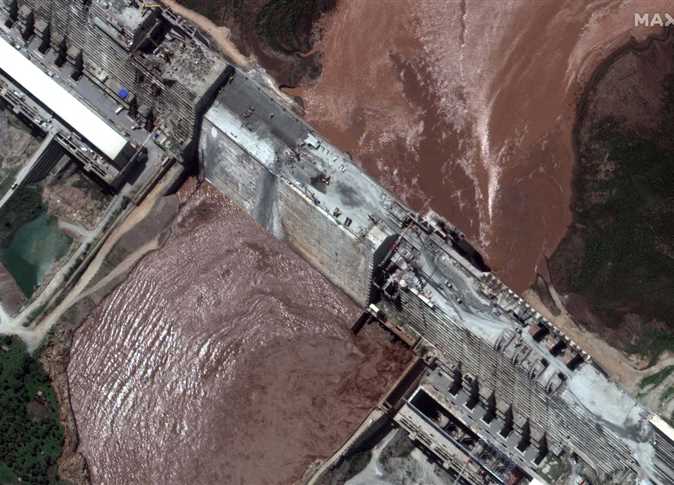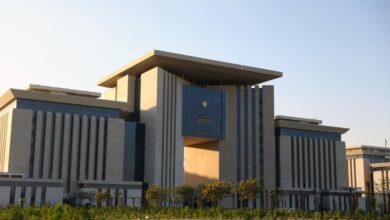
The Professor of Remote Sensing and Earth Systems Science at the Chapman University in the United States, Hesham al-Askary, commented on the Ethiopian announcement about completing construction of the Grand Ethiopian Renaissance Dam (GERD), and the end of the fifth filling.
During a telephone interview with Al-Hadath Al-Youm satellite channel on Monday evening, Askary warned that the real issues with Ethiopia’s actions is that it is changing the hydrological cycle of the Nile River.
The expansion and increase in the water volume in the GERD’s lake will impact the amount of evaporation in this area, he explained, but noted that these changes are not being calculated and no one knows their consequences.
Askary continued: “Some people are wondering this year about what happened in Sharq al-Owainat, and the floods that hit Sudan and southern Egypt. People do not understand the dimensions of these issues.”
He also pointed out that the safety factor in the GERD construction project is highly questionable.
The hydrological cycle includes the continuous cycle of water in the Earth’s atmosphere system. In essence, the water cycle is the movement of water from the Earth to the atmosphere and back again.
Ethiopian Prime Minister Abiy Ahmed on Monday announced the completion of the GERD on the Blue Nile, despite the challenges facing the country.
In an interview on local television from the GERD site in Benishangul region, Abiy Ahmed said, “We can announce the 100 percent completion of the GERD by December,” describing it as a historic achievement that represents a model for the world and Africa.
The Ethiopian Prime Minister added that the total water held in the dam’s lake has reached 62.5 billion cubic meters, and it is expected that the water held in the GERD lake by December will reach between 70 and 71 billion cubic meters out of the dam’s total capacity of 74 billion cubic meters.




